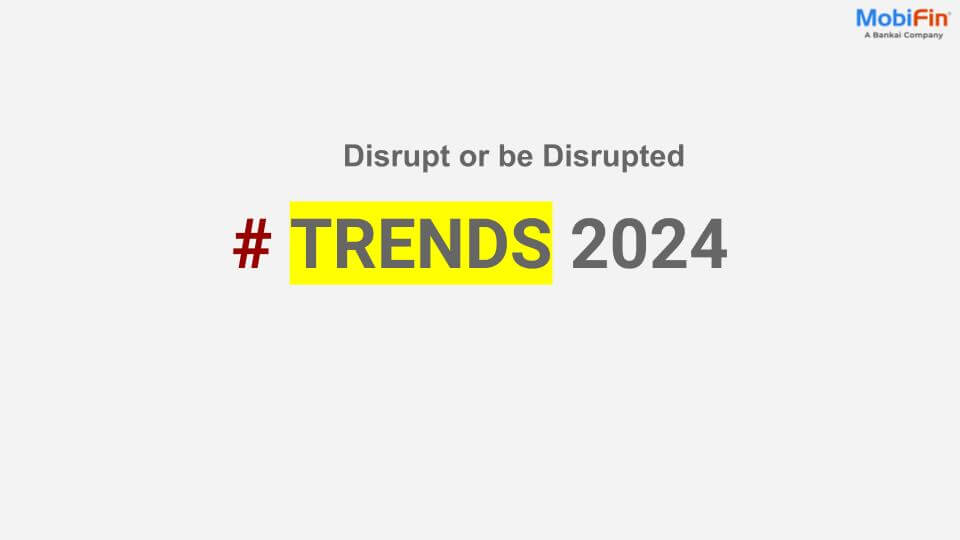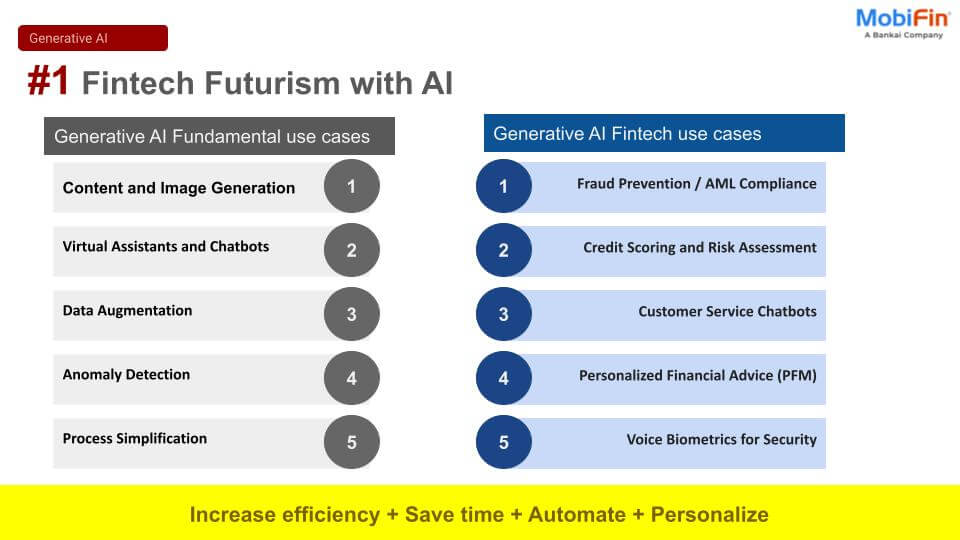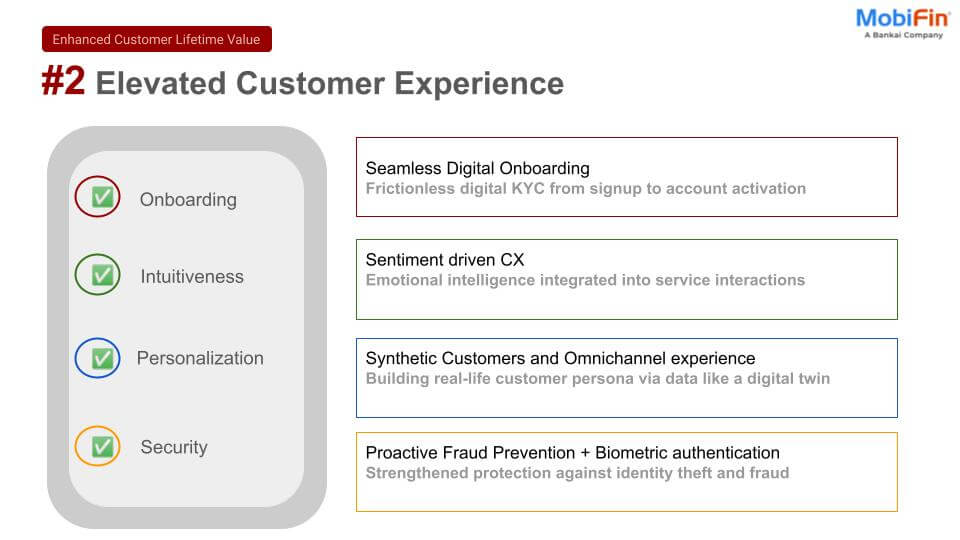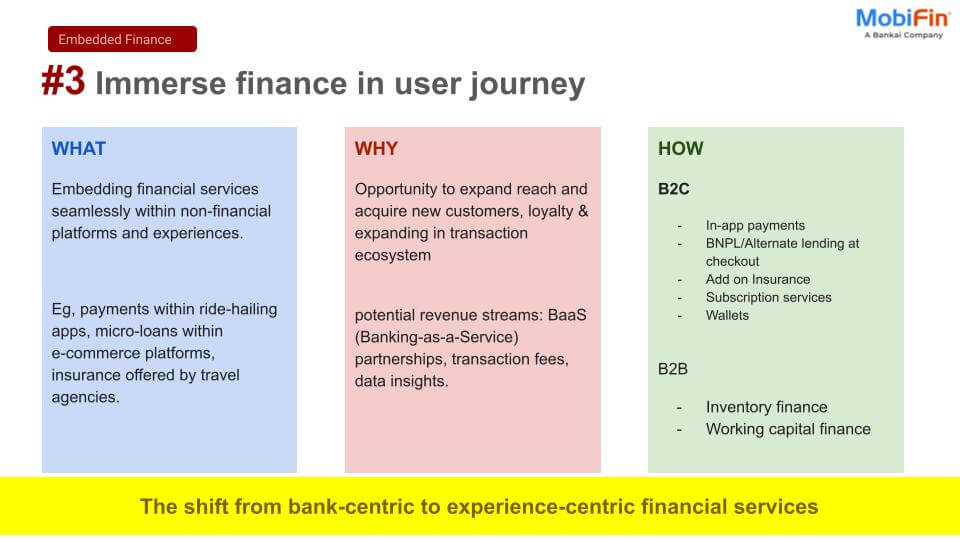But digital wallets go beyond payment revenue. In this article we’ll explore how digital wallets are changing the customer-bank relationship, opening up new product innovation, data driven personalization and ecosystem partnerships.
Using real world examples and data we’ll cut through the noise to explain why digital wallets are a must have for African banks. We’ll look at the competitive landscape, regulatory considerations and what CEOs can do to get ahead of digital wallets.
Let’s get started:
The Business Case for Bank Digital Wallets
Let’s start with the basics: why should banks care about digital wallets? The answer is in the numbers.
A 2022 McKinsey report says Africa’s payment revenue will grow 20% CAGR from 2020 to 2025 to $40 billion. Digital payments including digital wallets will be the main driver of this growth as more Africans adopt digital financial services.
For banks, this is a big opportunity to capture new revenue streams. By offering digital wallet solutions banks can earn fees on transactions, interest on wallet balances and revenue from value added services like credit and insurance.
Across Africa, mobile money users conducted nearly 45 billion transactions in 2022, displaying an increase of more than 8 billion transactions compared to the previous year. Hence the revenue from transaction charges is both lucrative and sustainable.
But the opportunity goes beyond payment revenue. Digital wallets also provide banks a platform to cross sell other financial products and services. By analyzing the transaction data generated by digital wallets banks can get deep insights into customer behavior and preferences and offer products highly tailored to them.
Ecobank has leveraged digital wallets to expand its product offerings and cross-sell to customers. In 2020, Ecobank launched its ‘Ellevate’ product suite across 33 markets, including products designed for women-owned businesses or companies targeting women customers. The bank aims to use this digital platform to onboard at least 50,000 women business customers annually and grant a minimum of $100 million in loans each year. This demonstrates how digital wallets can serve as a foundation for banks to cross-sell additional financial products like loans to their customer base.
The Competitive Landscape
As digital wallets gain traction in Africa, the competition is heating up. Banks aren’t the only ones in the game. Telcos, fintechs and big tech are all moving in.
MobiFin, the digital banking and payments platform, continues to dominate in many African markets. The service, which allows users to store, send, and receive money via their mobile phones, has made impressive inroads in African countries.. MobiFin has been aggressively expanding its digital wallet functionality, adding services like credit, savings, and merchant payments.
Other telcos like Airtel, MTN and Orange have followed suit with their own digital wallet offerings. These telco led wallets are a big threat to banks as they can use their large customer base and agent network to drive adoption.
On the fintech side, players like Flutterwave, Chipper Cash and OPay are building cross border digital payment networks that can disintermediate traditional banking relationships. They are attracting significant venture capital and growing their user base fast.
Even big tech companies are getting in. Facebook’s Libra project, though facing regulatory hurdles, is a clear indication of their interest in the digital payments space. If successful Libra can scale across Facebook’s massive African user base.
For bank CEOs this is a wake up call to develop a digital wallet strategy. Banks that don’t move fast will be outflanked by more nimble players.
But it’s not just about speed – it’s also about differentiation. With so many players in the space, banks need to think hard about how they can differentiate their digital wallet offerings. This could be unique value added services, loyalty programs or seamless integration with existing banking products. The key is to make your digital wallet an essential part of your customers financial lives.
Digital Currency Wallet as a Revenue Driver
Let’s start with the most obvious reason banks are launching digital wallet offerings: revenue. As mentioned above Africa’s digital payment market is going to grow exponentially in the next few years. For banks, digital wallets are a way to get a piece of that pie.
But how do digital wallets drive revenue? There are several ways:
- Transaction fees: Every time a customer makes a payment or transfer using their digital wallet the bank earns a small fee. These micropayments can add up fast at scale.
- Interest on float: The money customers store in their digital wallets isn’t just sitting idle – it’s a low cost deposit for the bank. Banks can earn interest by lending out these funds.
- Cross-selling: Digital wallets provide banks with a treasure trove of customer transaction and behavior data. This data can be used to cross sell other financial products like loans, insurance and investments in a very targeted way.
- Ecosystem plays: By positioning their digital wallets as a platform for an ecosystem of partners (e.g. merchants, billers, fintechs) banks can earn revenue through revenue sharing agreements, referral fees and API access charges.
A great example of a bank reaping these rewards is Equity Bank in Kenya. Their Eazzy Banking app which has a digital wallet feature has been a major driver of growth. In 2021 they reported 98% year on year growth in merchant transaction commissions from the app and 73% growth in mobile loans.
The Data Opportunity
Perhaps the most underutilized aspect of digital wallets is the data they generate. Every transaction, every interaction, every click within a digital wallet platform creates data that can be used to understand customer behavior, preferences and needs at an unprecedented level of detail.
For banks this is a gold mine. It can be used to personalize products, underwrite credit more accurately, identify cross-sell opportunities and more. Banks can get a much deeper understanding of their customers’ financial lives and design products and services that meet their needs better by analyzing the digital wallet data.
But to fully exploit this data opportunity banks need to build strong data analytics capabilities. They need to invest in the technology and talent to collect, store, analyze and act on large volumes of transactional and behavioral data in real-time. They also need to navigate the complex regulatory and consumer trust issues around data privacy and security.
The banks that get this right will have a big competitive advantage. They’ll be able to offer more personalized, more timely and more relevant financial services than their competitors. They’ll be able to make better lending decisions, reduce risk and expand credit. And they’ll be able to continually optimize and improve their offerings based on real world usage data.
Reimagining the Customer Relationship
Beyond revenue generation digital wallets are also a tool for banks to reimagine their relationship with customers. Traditionally the customer bank interaction was transactional and infrequent, centered around branch visits or ATM withdrawals. Digital wallets enable a whole new way of engagement.
With a digital wallet the bank can be present in the customer’s daily life. Every payment, every transfer, every bill settlement is a touchpoint for the bank to engage the customer. This opens up many possibilities:
- Personalization: By analyzing a customer’s digital wallet transaction data banks can get deep insights into their spending habits, financial needs and life events. This data can be used to offer highly personalized product recommendations, financial advice and lifestyle perks.
- Loyalty: Digital wallets can be a powerful tool for customer loyalty. For example banks can offer cashback rewards, discount coupons or bonus points for transactions made using the wallet. They can also use gamification techniques to encourage habit formation and boost engagement.
- Financial Education: The digital wallet interface is prime real estate for banks to deliver bite sized financial literacy content. By helping customers better understand and manage their money, banks can build deeper trust and position themselves as a financial wellness partner.
Standard Bank’s MyMo app in South Africa is a great example of a bank using a digital wallet to reimagine customer engagement. The app uses AI to give customers personalized insights and nudges based on their transaction behavior. It also has a loyalty programme that rewards customers for good financial behavior.
The Cross-Border Play
One of the biggest opportunities for digital currency wallets in Africa is in cross-border payments. Intra-African trade is growing but cross-border transactions are still expensive and complicated. Digital wallets can change that.
By allowing for instant, low-cost wallet-to-wallet transfers across borders, digital wallets can oil the wheels of intra-African trade. We’re already seeing companies like Chipper Cash and MFS Africa building cross-border digital payment networks that span multiple African countries.
At a regional level, initiatives like the Pan-African Payment and Settlement System (PAPSS) are also making cross-border digital payments more seamless. PAPSS is a centralized payment clearinghouse that enables real-time settlement of intra-African transactions in local currencies. It’s already live in six West African countries and will roll out continent-wide.
For banks, the opportunity is to connect to these cross-border payment networks and offer them to their customers, especially small and medium enterprises involved in intra-African trade. By making cross-border payments faster, cheaper and more transparent, banks can help their customers grow their businesses and capture more of the intra-African trade opportunity.
But to really grab this opportunity, banks need to think beyond payments. They need to offer a full suite of cross-border financial services – trade finance, foreign exchange, insurance etc. – and do it all in one seamless digital wallet. The banks that can do this will be the ones to ride the intra-African trade wave in the next few years.
Competing in a Crowded Market
Of course, banks are not the only ones eyeing the digital wallet opportunity in Africa. Telcos, fintechs and big tech companies are all in the mix. For bank CEOs, understanding the competitive landscape is key to developing a digital wallet strategy.
One major threat is telco-led mobile money wallets like Safaricom’s M-Pesa, MTN MoMo and Orange Money. These wallets have achieved massive scale in many African markets, using the telcos’ huge agent networks and customer bases. For many unbanked Africans, mobile money wallets are their first taste of digital financial services.
Banks’ initial response was to launch their own standalone mobile money offerings. But this didn’t work, as banks couldn’t match the telcos’ distribution and marketing muscle.
More recently, forward-thinking banks have gone the partnership route, collaborating with telcos to offer bank-to-wallet services. On the fintech side, companies are aggressively building digital payment and commerce platforms. Fintechs are often more agile and innovative than banks and are getting significant venture funding.
To compete with these disruptors, banks need to lean into their strengths – trust, regulatory expertise and balance sheet power – and be open to partnerships and investments to access new capabilities and markets.
The Regulatory Puzzle Around Digital Currency Wallet
Bank digital wallets are innovative and cool but they don’t exist in a regulatory vacuum. As a bank CEO, navigating the complex and evolving regulatory conditions around digital wallets is a key challenge.
Regulators across Africa are taking different approaches to digital wallets. Some like the Central Bank of Nigeria have created specific licenses for mobile money operators. Others like the South African Reserve Bank have taken a hands-off approach and allow banks to offer digital wallets under their existing banking licenses.
There are also data privacy, customer protection, anti-money laundering and interoperability considerations. As digital wallets go mainstream, regulators will be looking more closely at these.
For bank CEOs, proactive engagement with regulators is key. This means being at the table in policy discussions, providing input on draft regulations and sharing best practices from other markets. Banks should also invest in robust compliance and risk management frameworks to stay ahead of changing regulatory expectations.
Having said that, regulatory arbitrage can also be a source of competitive advantage. Banks that can navigate the regulatory patchwork quickly to launch new digital wallet offerings can get ahead of slower moving competitors.
Partnering for Bank Digital Wallet Success
One of the key things I’ve learned from watching the digital wallet space evolve is that no bank can go it alone. The most successful digital wallet plays in Africa have been driven by partnerships between banks, telcos and fintechs.
Each of these players brings unique assets and capabilities to the table. Banks bring financial expertise, regulatory know-how and customer trust. Telcos bring huge agent networks, mobile infrastructure and a large existing customer base. Fintechs bring agile innovation, cutting edge technology and a focus on user experience.
Bringing these assets together through partnerships is the key to building digital wallet solutions that can go mainstream and profitable.
For bank CEOs the lesson is clear: don’t build a digital wallet in-house. Focus on your core competencies and find the right telco and fintech partners to fill the gaps. Be prepared to share risk and reward and to iterate quickly based on market feedback.
Key Considerations for CEOs
As African bank CEOs plan their digital wallet strategy there are several key things to consider:
- Interoperability is key. As the digital wallet space evolves we will see increasing regulatory and competitive pressure for interoperability between different wallet solutions. Banks should design their digital wallet offerings with interoperability in mind from the start rather than trying to lock customers into closed loop systems.
- The crypto wildcard. Cryptocurrencies and decentralized finance (DeFi) are wildcards in the digital wallet space. While still in its infancy, they could disrupt traditional financial intermediation. Banks should keep an eye on these developments and consider how they can integrate crypto and DeFi into their digital wallet plans.
- The super-app threat. Digital wallets are becoming super-apps that offer a wide range of services beyond financial services. From e-commerce to ride-hailing to food delivery, super-apps are vying to be the one-stop-shop for all a consumer’s needs. Banks need to think about how they can position their digital wallet offerings in this landscape, either by building their own super-app or partnering with existing players.
- The offline challenge. Despite the rapid growth of mobile and internet penetration, the reality is that a significant portion of Africa’s population still lives offline. To truly drive financial inclusion digital wallet solutions need to bridge the online-offline divide, whether through USSD, agent networks or other means.
- The regulatory tightrope. Digital wallets sit at the intersection of multiple regulatory domains – banking, telecoms, data protection, competition etc. Navigating this regulatory hotchpotch is a tightrope walk. Banks need to engage with regulators to shape the rules of the road for digital wallets and also have the compliance capabilities to adapt to changing requirements.
Wrapping Up
Digital wallet solutions are not a fad or a nice to have. They are a must have for any African bank to be relevant and competitive in the next decade.
Banks that don’t recognize and act on this will be left behind as more nimble competitors take the growth in this space.
For CEOs the path is clear. Make digital wallets a core strategic priority. Invest in technology and talent. Build deep, mutually beneficial partnerships with telcos and fintechs. Design products and services for the digital wallet context. Leverage data to personalize and optimize. And navigate the regulatory and competitive landscape with speed and engagement.
Those that get it right will be surfing the digital wallet wave and be the leaders of Africa’s financial services industry in the 21st century. Those that don’t will be irrelevant in a digital and mobile first world.
The choice is yours. But the time to act is now. The digital wallet revolution is already underway, and it’s reshaping the future of banking in Africa. Will your bank be at the forefront, or will it be left behind?
If you choose to be an active contributor to Africa’s growth story and secure your market share with the help of a digital wallet solution, get in touch with us to explore and experience first-hand Mobifin’s state-of-the-art digital wallet solutions.













